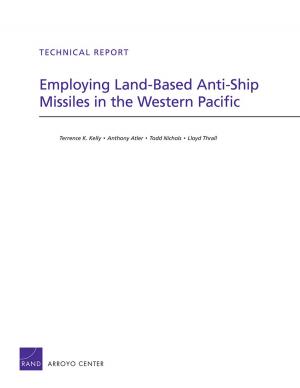| Author: | ISBN: | 9783905801705 | |
| Publisher: | Salis Verlag | Publication: | May 14, 2012 |
| Imprint: | Language: | English |
| Author: | |
| ISBN: | 9783905801705 |
| Publisher: | Salis Verlag |
| Publication: | May 14, 2012 |
| Imprint: | |
| Language: | English |
Today marks the release of the controversial book "Commodities: Switzerland's Most Dangerous Business". The fact-filled and groundbreaking analysis of the industry, as powerful as it is unknown, shows why resource-rich developing countries remain poor while Switzerland-based commodity companies rake in profits in the billions. And it illustrates the gray areas of a business model whose risks are becoming increasingly apparent. Unnoticed by the public and politicians, Switzerland has become the world's most important commodities hub. Trade in oil, gas, coal, metals and agricultural products - particularly via deals made in Geneva and Zug - has grown by an incredible 1,500 percent since 1998, according to BD investigations. The result: Seven of the twelve corporations with the highest turnover in Switzerland trade in, and/or mine, commodities. Switzerland has become a global commodity hub thanks to its mix of tax privileges, a strong financial sector, weak regulation and lax embargo policy. The Swiss commodities business is dangerous for developing countries that are blessed with natural resources but that suffer from weak governance. The business is life-threatening for all those who must live amid the filth and toxins of the mines and facilities. The extensive misery of entire countries and the fairytale wealth of a few Swiss top traders are causally related. The book "Commodities: Switzerland's Most Dangerous Business" shows how. The richly-illustrated reference work offers a portrait of the key firms and people behind the discreet deals, provides insight into the social and ecological consequences for the producing countries, analyzes the practices and repercussions of tax avoidance and speculation, and offers proposals for achieving more justice in a multi-billion-dollar business that affects everyone.
Today marks the release of the controversial book "Commodities: Switzerland's Most Dangerous Business". The fact-filled and groundbreaking analysis of the industry, as powerful as it is unknown, shows why resource-rich developing countries remain poor while Switzerland-based commodity companies rake in profits in the billions. And it illustrates the gray areas of a business model whose risks are becoming increasingly apparent. Unnoticed by the public and politicians, Switzerland has become the world's most important commodities hub. Trade in oil, gas, coal, metals and agricultural products - particularly via deals made in Geneva and Zug - has grown by an incredible 1,500 percent since 1998, according to BD investigations. The result: Seven of the twelve corporations with the highest turnover in Switzerland trade in, and/or mine, commodities. Switzerland has become a global commodity hub thanks to its mix of tax privileges, a strong financial sector, weak regulation and lax embargo policy. The Swiss commodities business is dangerous for developing countries that are blessed with natural resources but that suffer from weak governance. The business is life-threatening for all those who must live amid the filth and toxins of the mines and facilities. The extensive misery of entire countries and the fairytale wealth of a few Swiss top traders are causally related. The book "Commodities: Switzerland's Most Dangerous Business" shows how. The richly-illustrated reference work offers a portrait of the key firms and people behind the discreet deals, provides insight into the social and ecological consequences for the producing countries, analyzes the practices and repercussions of tax avoidance and speculation, and offers proposals for achieving more justice in a multi-billion-dollar business that affects everyone.















